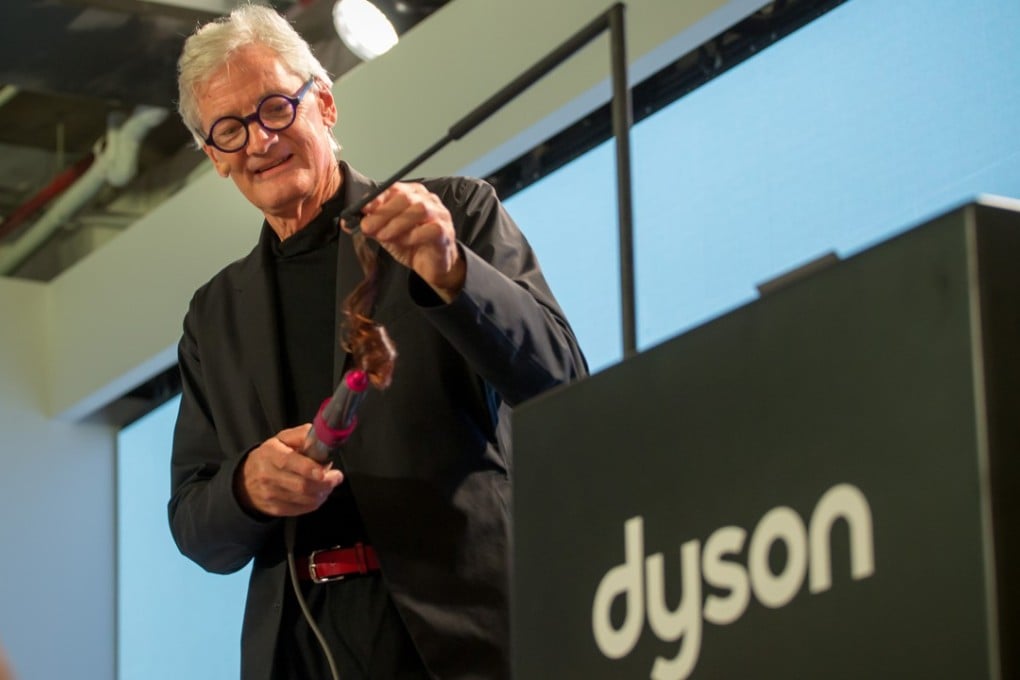Sick of your Tesla? Dyson promises an electric car that won’t suck
- Dyson will build electric cars at a new facility in Singapore that will be completed in 2020
- The pioneer of the bagless vacuum cleaner is investing US$2.6 billion into its electric car initiative

James Dyson, the billionaire British inventor of the bagless vacuum cleaner, has chosen to build his electric car in Singapore to be close to Asian customers, supply chains and a highly skilled workforce.
The 71-year-old entrepreneur, who backed Brexit in the 2016 referendum, is pumping £2 billion (US$2.6 billion) into the launch of an electric car, with a 400-strong British-based engineering team working in secret for the first two-and-a-half years on the project.
Dyson is looking to exploit his company’s expertise in solid-state battery technology and electric motors that are found in his innovative vacuum cleaners and other products, such as bladeless fans and air purifiers.
Dyson was a prominent backer of Britain’s vote to leave the European Union. He has argued that Britain’s future lies in building close ties with fast-growing markets in Asia, and not Europe.
“The decision of where to make our car is complex, based on supply chains, access to markets and the availability of the expertise that will help us achieve our ambitions,” Dyson chief executive Jim Rowan said.